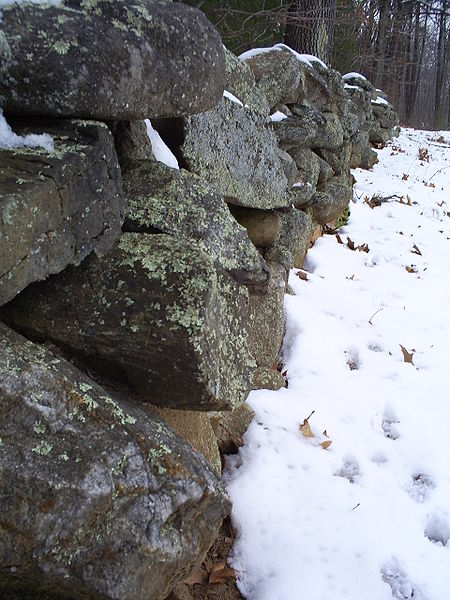
| 首页 Home | 健康 Health |
大千世界 The World |
校友之窗 Alumni |
文学与翻译 lit. & Trans. |
老师领导 Teachers |
65届毕业生 Graduates |
忆南开 Memoire |
温故篇 Poetry |
旅游摄影 Photos |
关于本网 About Us |
|---|
 |
南开大学外文系英专1965届及各届校友纪念网站 |
|---|
American Poet Robert Frost (1874-1963)
Robert Lee Frost (1874 – 1963) was an American poet. He is highly regarded for his realistic depictions of rural life and his command of American colloquial speech. His work frequently employed settings from rural life in New England in the early twentieth century, using them to examine complex social and philosophical themes. A popular and often-quoted poet, Frost was honored frequently during his lifetime, receiving four Pulitzer Prizes for Poetry. Robert Frost was born in San Francisco, California to journalist William Prescott Frost, Jr., and Isabelle Moodie. After his father's death on May 5, 1885, in due time the family moved across the country to Lawrence, Massachusetts under the patronage of (Robert's grandfather) William Frost, Sr., who was an overseer at a New England mill. He published his first poem in his high school's magazine. He attended Dartmouth College long enough to be accepted into the Theta Delta Chi fraternity. Frost returned home to teach and to work at various jobs including delivering newspapers and factory labor. He did not enjoy these jobs at all, feeling his true calling as a poet. In 1894 he sold his first poem, "My Butterfly: An Elegy" (published in the November 8, 1894 edition of the New York Independent) for fifteen dollars. Grandfather Frost had, shortly before his death, purchased a farm for the young couple in Derry, New Hampshire; and Robert worked the farm for nine years, while writing early in the mornings and producing many of the poems that would later become famous. Ultimately his farming proved unsuccessful and he returned to education as an English teacher, at Pinkerton Academy from 1906 to 1911, then at the New Hampshire Normal School (now Plymouth State University) in Plymouth, New Hampshire. In 1912 Frost sailed with his family to Great Britain, living first in Glasgow before settling in Beaconsfield outside London. His first book of poetry, A Boy's Will, was published the next year. In England he made some important acquaintances, including Edward Thomas (a member of the group known as the Dymock Poets), T.E. Hulme, and Ezra Pound. Pound would become the first American to write a (favorable) review of Frost's work. Surrounded by his peers, Frost wrote some of his best work while in England. As World War I began, Frost returned to America in 1915. He bought a farm in Franconia, New Hampshire, where he launched a career of writing, teaching, and lecturing. This family homestead served as the Frosts' summer home until 1938, and is maintained today as 'The Frost Place', a museum and poetry conference site at Franconia. During the years 1916–20, 1923–24, and 1927–1938, Frost taught English at Amherst College, Massachusetts, notably encouraging his students to account for the sounds of the human voice in their writing. For forty-two years, from 1921 to 1963, Frost spent almost every summer and fall teaching at the Bread Loaf School of English of Middlebury College, at the mountain campus at Ripton, Vermont. He is credited as a major influence upon the development of the school and its writing programs; the Bread Loaf Writers' Conference gained renown during Frost's tenure there.[citation needed] The college now owns and maintains his former Ripton farmstead as a national historic site near the Bread Loaf campus. In 1921 Frost accepted a fellowship teaching post at the University of Michigan, Ann Arbor, where he resided until 1927; while there he was awarded a lifetime appointment at the University as a Fellow in Letters. The Robert Frost Ann Arbor home is now situated at The Henry Ford Museum in Dearborn, Michigan. Frost returned to Amherst in 1927. In 1940 he bought a 5-acre (2.0 ha) plot in South Miami, Florida, naming it Pencil Pines; he spent his winters there for the rest of his life.
 This is the Mending Wall that he wrote his famous poem about.It is located in Derry, New Hampshire at his Farmhouse. (Photo by Craig Michaud. This work is licensed under the Creative Commons Attribution 3.0 License.
|
|---|
![]()
![]()
![]()
![]()
 |
|---|
| Contact 联系 | Last Revised
03/16/2012
| |